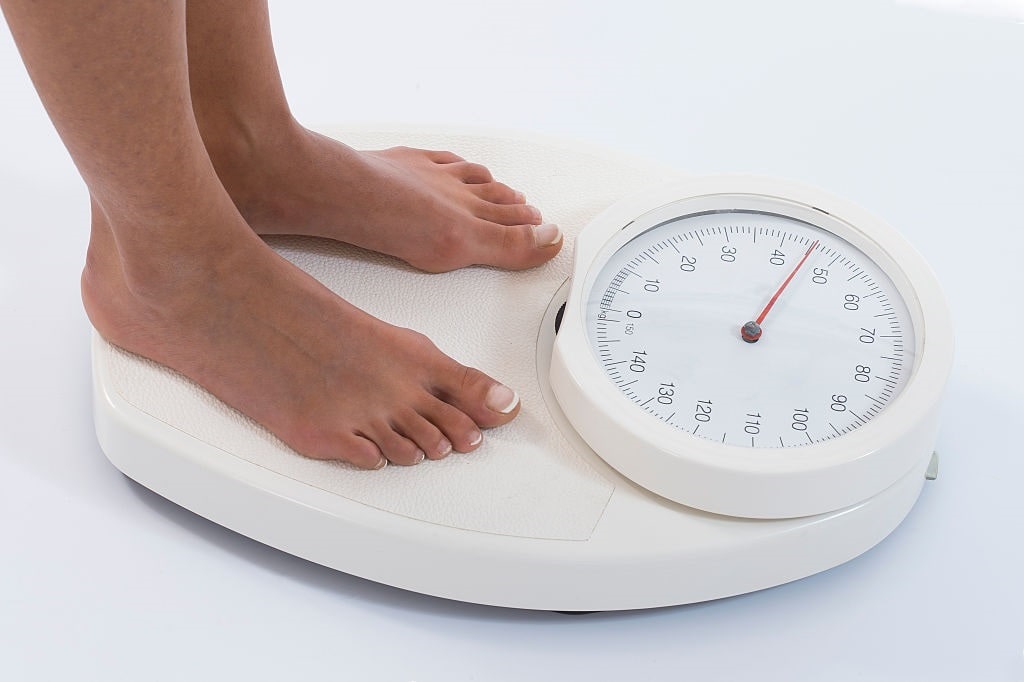Millions worldwide make New Year’s resolutions every January. This fresh-start feeling is pervasive even if the resolution does not last. But, as is often said, hope springs eternal. So this year, Forbes Magazine asked 1,000 people what their 2024 resolution will be, and 34% said they want to lose weight. Two other popular resolutions could be considered ancillary to this goal: improved fitness and diet – often part and parcel of shedding those extra pounds. This year, however, many dieters won’t have to go it alone because big pharma is here to help.
Lose Weight With GLP-1s
GLP-1 stands for glucagon-like peptide-1. It’s a medication used to lower blood sugar levels in diabetics. It’s also effective in helping people lose weight. This secondary benefit has exploded in the marketplace, complicating the weight loss landscape in many ways. This is not to render judgment and say one should avoid the new weight loss drug scene.
On the contrary, one of the new GLP-1s may be worth trying, but it does need some unpacking. There are three primary issues to consider when evaluating new weight loss drugs: cost, effectiveness, and return on investment (ROI). But first, here are the options:

(Photo by: Jeffrey Greenberg/UCG/Universal Images Group via Getty Images)
The newest weight loss drug on the market is Zepbound (tirzepatide) by Eli Lilly, which imitates two hormones. Recently approved by the FDA, the active ingredient in Zepbound is tripeptide, an insulin stimulant. It works because it tamps down the appetite and causes the stomach to digest food more slowly, making the dieter feel full for longer. While Eli Lilly is trotting out a sale for the new drug, which may include a buy-in of only $25 for up to three months, the off-the-shelf cost is about $1,060 per month. This sounds like a whopper of a price tag but is actually lower than some of the other new weight loss medicines.
The good news for tripeptide medicines like Zepbound is a mean weight loss of 20.9%. However, the not-so-good news reported last month in the Journal of American Medicine Association Network is that “withdrawing tirzepatide led to substantial regain of lost weight.” To keep the weight off, the study found patients must continue using the drug.
This appears to be a recurring factor with all the new weight loss drugs: Weight can be lost, but keeping it off requires constant usage of the pharmaceutical.
Wegovy, manufactured by Novo Nordisk, is another relatively new weight loss drug, but instead of mimicking two hormones, it simulates only one. The main ingredient in Wegovy is semaglutide, the same ingredient used in Ozempic. Both are made by Novo Nordisk. The primary difference is that Ozempic was initially designed to treat diabetics, and Wegovy was created expressly for weight loss. Why does this matter? It means Wegovy is more likely to be covered by health insurance than Ozempic. The other variance is the amount of semaglutide in each drug: Ozempic delivers 2 mg, while Wegovy carries 2.4 mg.
UCLA Health reports on a 68-week study of people taking weight loss drugs with semaglutide. Again, the pounds lost were substantial, with a third of those who took it reporting a 20% weight loss. “But they’ve also revealed that participants tend to regain the weight lost when they stop taking semaglutide,” UCLA reported.
The questions that arise come in the category of return on investment because losing weight is only half the battle: It’s keeping it off that matters.
One longtime weight loss counselor told Liberty Nation her concerns about using pharmaceuticals to lose the extra pounds is that it does not necessarily teach patients how to eat. In other words, they are not setting a foundation for nutritional eating, which is the key to sustained weight loss.
Finally, there is the issue of side effects. Rutgers University Assistant Professor of Endocrinology Kunal Shah, MD, was quoted in Verywell Health about the new weight loss drugs on the market. “These are fantastic medications: They are game-changers for people who have done all of the dieting, all of the exercise, and have sacrificed a lot to get healthy,” he said. Then Shah added, “But powerful medications can have powerful side effects.”
These side effects range from mild, like nausea, vomiting, and constipation, to rare and severe, which may include thyroid tumors and kidney issues. So, if you or someone you know makes a New Year’s resolution to lose weight and are considering using one of the new designer weight loss drugs, go into it with your eyes wide open, understanding the benefits and possible drawbacks of taking a pharmaceutical as a weight loss aid. It may work, but it is by no means an easy way out.




